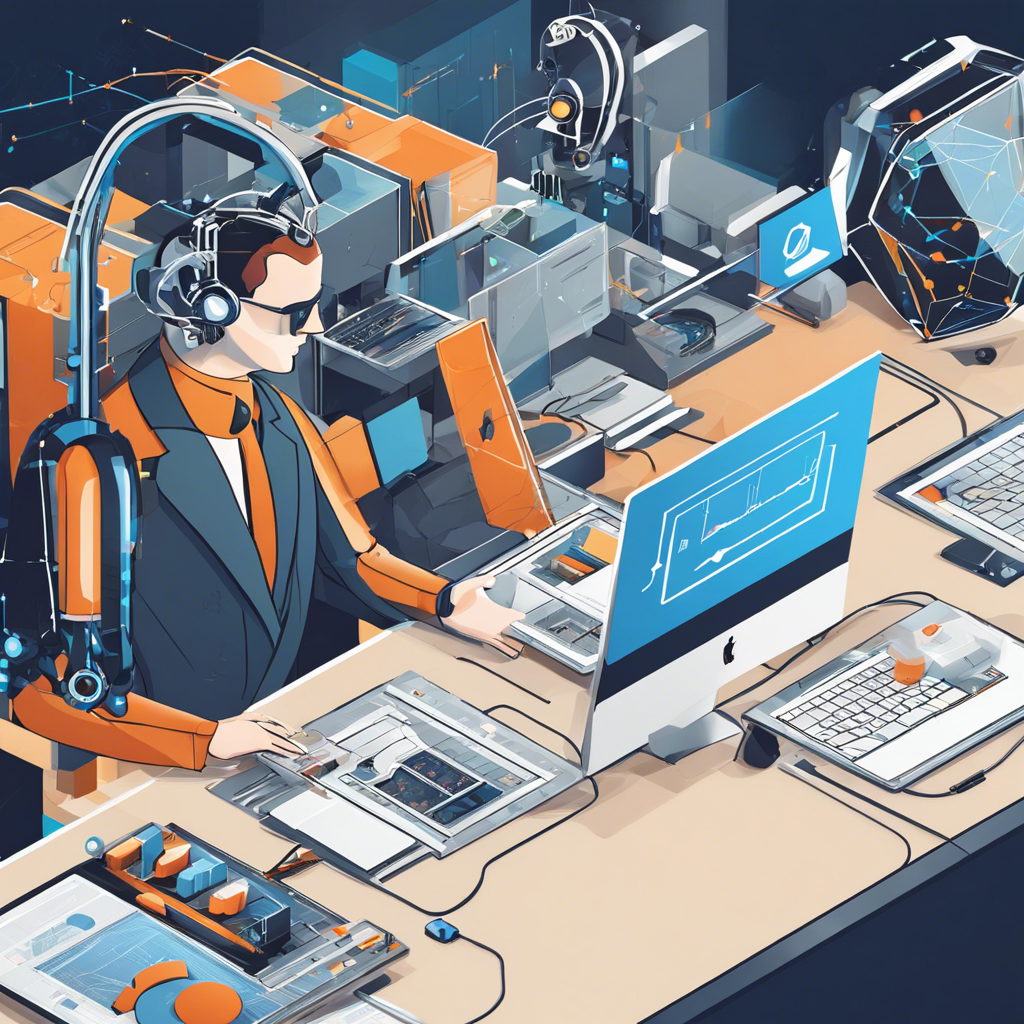The rapid advancements in artificial intelligence (AI) have brought about a wave of excitement and apprehension. As AI continues to permeate every aspect of our lives, from healthcare and finance to transportation and entertainment, ethical considerations are coming to the forefront of the public discourse. While AI offers unprecedented opportunities for innovation and progress, it also presents a myriad of ethical dilemmas that demand our attention and thoughtful resolution.
One of the key ethical challenges in AI is balancing the potential benefits against the possible harms. AI technologies can revolutionize industries, improve efficiency, and enhance our quality of life, but they can also be misused or deployed without proper safeguards, resulting in unintended consequences. For instance, while facial recognition technology can facilitate security and identification, its abuse by governments and law enforcement has led to concerns over privacy and civil liberties. Similarly, automated decision-making systems, if not carefully designed and audited, can perpetuate and amplify existing biases, leading to unfair outcomes in areas such as hiring, loan approvals, and criminal justice.
Another critical aspect of AI ethics is transparency and accountability. As AI systems become more complex and autonomous, understanding how they arrive at their decisions and actions becomes increasingly challenging. Explainable AI aims to address this by developing techniques to make the inner workings of these systems more interpretable to humans. This is particularly important in high-stakes domains such as healthcare and autonomous driving, where trust and confidence in AI technologies are essential for their successful adoption.
Ensuring fairness and avoiding bias in AI is another pressing concern. Historical data used to train AI models may contain inherent biases, leading to discriminatory outcomes. Careful data selection, preprocessing techniques, and ongoing monitoring are necessary to mitigate these biases and ensure that AI systems treat all individuals and groups fairly. Additionally, the concentration of AI expertise and resources in a limited number of companies and countries raises concerns about power dynamics and the potential for misuse or monopolization.
Furthermore, AI has raised important questions about privacy and data ownership. The vast amount of data collected by companies and governments to train and operate AI systems often includes sensitive personal information. Ensuring the secure handling and ethical use of this data is crucial to maintaining trust and protecting individuals’ privacy rights. This includes obtaining informed consent, providing transparency about data usage, and establishing clear guidelines for data ownership and governance.
In addition, AI has implications for job displacement and economic inequality. As automation replaces certain tasks and occupations, there are concerns about widespread unemployment and increasing income disparities. Proactive measures such as retraining programs, universal basic income, and policies that encourage the creation of new types of jobs may be necessary to address these challenges and ensure a smooth transition to an AI-powered economy.
Public engagement and education are also vital to navigating the ethical landscape of AI. Many ethical dilemmas arise due to a disconnect between the developers and deployers of AI technologies and the communities impacted by them. Involving a diverse range of perspectives in the development and governance of AI can help identify potential ethical pitfalls and ensure that technologies are designed with a broad spectrum of societal needs and values in mind.
Lastly, establishing regulatory frameworks and standards for AI is essential to promote ethical practices and hold developers and users accountable. This includes defining liability for any AI-related harm, setting minimum requirements for data governance and transparency, and creating independent audit mechanisms to ensure compliance. While self-regulation by the AI industry is an option, there is a growing consensus that a combination of industry standards and government oversight is necessary to effectively address the complex ethical challenges posed by AI.


